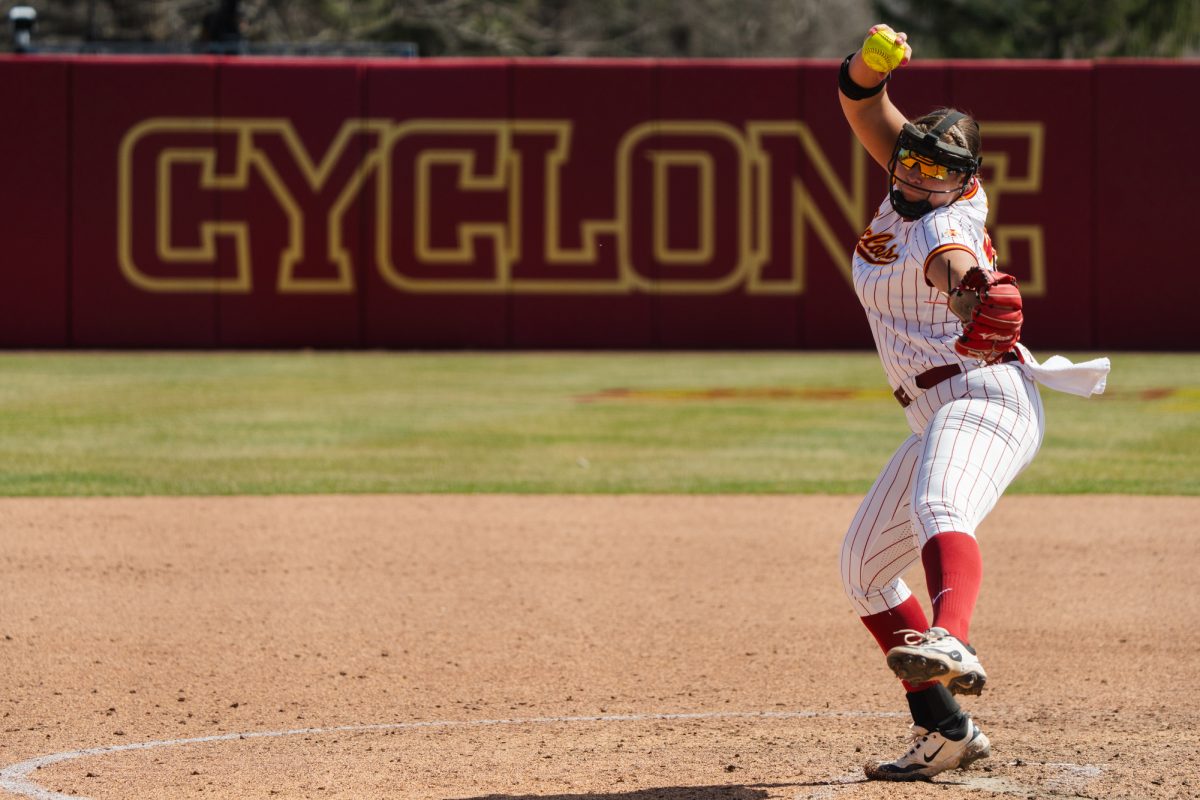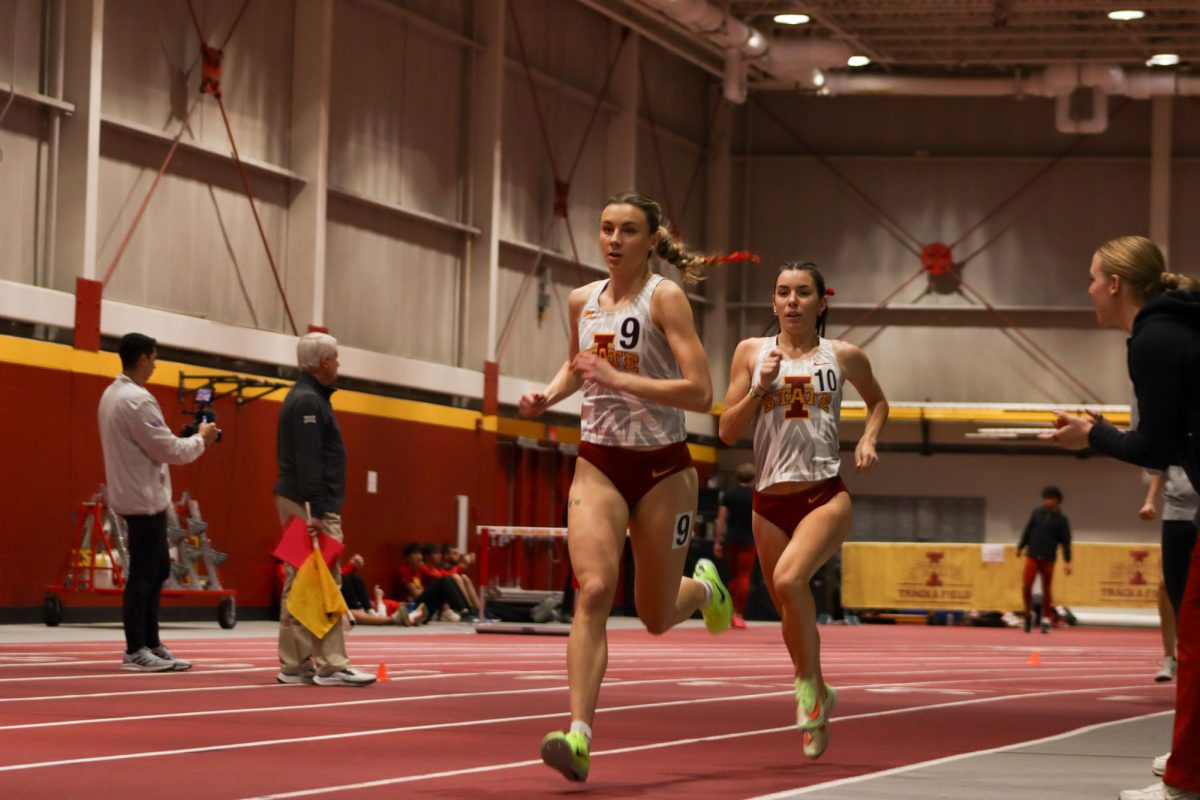Real debate is key in politics
September 15, 2010
One of the few guarantees that can be made in an election year is political theatrics, something of which 2010 has had no shortage.
With America still reeling from the effects of the recession, politicians have the opportunity to cast the shadow of economic woe over everything from illegal immigration to government spending. Mix that with the requisite finger-pointing and a healthy heap of anti-incumbent sentiment, and you’ve got a recipe for a volatile mid-term election.
Now, whether or not fingers can, or should, be pointed in any particular direction isn’t what we’re concerned about. Instead, what we can’t wrap our heads around is the trend best summarized by Republican strategist Mark McKinnon:
“Refusing to debate is a tired but traditional tactic employed by almost every political incumbent in American politics. The standard scenario: 1. Challenger calls incumbent to multiple debates; 2. Incumbent claims busy schedule serving voters he or she represents; 3. Challenger keeps pressure on, suggesting incumbent is afraid to show up; 4. Incumbent finally agrees to single debate held on a night and station no one watches; and 5. Incumbent wins reelection. We can only hope voters have become hip enough to the game that they demand their representatives debate early and often. It ain’t the law, but it sure as hell ought to be an obligation.”
We couldn’t agree more. Keep in mind, this is the man who ran the Bush media campaigns in 2000 and 2004, and also the lucky duck who was tasked with preparing one Sarah Palin for the 2008 vice presidential debates. She may not have had any idea what she was talking about, but we’re inclined to think McKinnon does.
How bad is it this year? Regrettably, we don’t even need to look out-of-state for multiple examples: Iowa’s favorite senator, Charles Grassley, R-New Hartford, has been accused of ducking challenger Roxanne Conlin, D-Des Moines, who has challenged the incumbent to 12 “Lincoln-Douglas-style debates.” Grassley has — surprise — cited his obligations as a senator when asked about the lack of response to Conlin’s request. Both fielded questions on IPTV’s Sept. 10 edition of “Iowa Press,” but Conlin pointed out at the Harkin Steak Fry that Grassley has yet to agree to further debates.
House Representative Steve King, R-Sioux City, on the other hand, hasn’t debated a congressional opponent since his election in 2002. Our very own Tyler Kingkade detailed the ongoing debate over, well, debating, between King and challenger Matt Campbell, D-Sioux City, who showed up at a King town hall meeting requesting a debate be scheduled. King dismissed this as a “fraternity prank,” and now refuses to debate Campbell.
Iowa State’s own political science professor and IPR political analyst Steffen Schmidt pointed out that incumbents tend to frown upon debating challengers because it serves little or no political benefit to them.
Therein lies the problem: Debates aren’t meant to benefit the politician. As voters, we have no shortage of commercials to watch or stump speeches to attend. Finding a politician’s voting record or stance on a particular issue is something that can be achieved via Google. So why do we have debates?
Maybe it’s because we’re interested in seeing how candidates carry themselves: Do they skirt the questions with rhetoric, or do they answer knowledgeably? Were their answers pre-planned or stream-of-consciousness? Are their demeanors toward opponents those of courtesy and gratitude, or are callow and dismissive?
We’re of the opinion that if someone is too busy to debate, he or she simply refuses to make time. Candidates can tell us why we should vote for them until they’re blue in the face, but the debates are where people shine, where ideology and execution finally come together. An incumbent declining to debate solely to better his or her chance at election is exactly what the term voter apathy was coined to describe.
Sarah Palin was a young, conservative, female governor in 2008, who was also, well, hot. She was the ace in the hole for the McCain campaign, and hyped as someone on the short list for potential future leader of the free world.
Then, she began debates and interviews on national television, and we’re still thankful for that.






